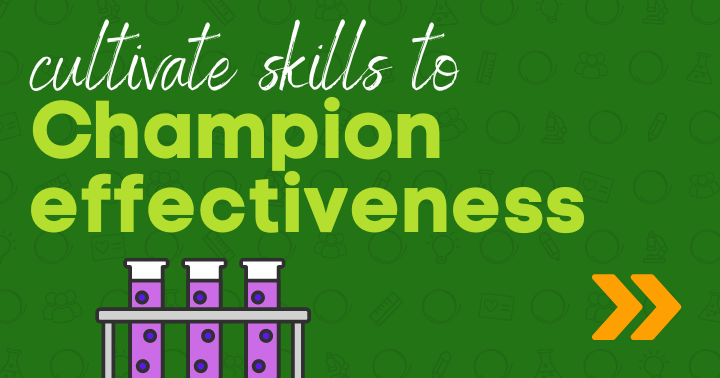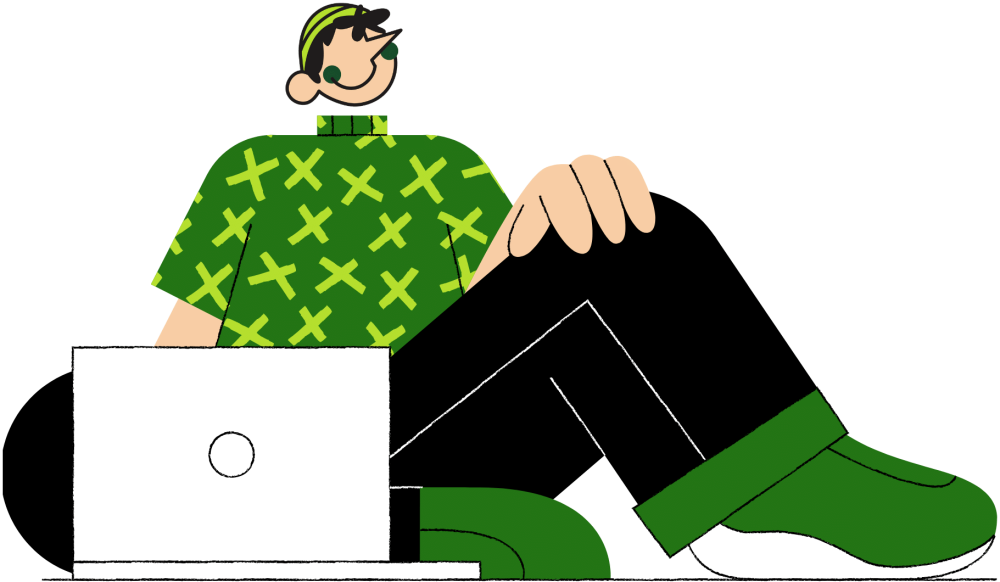I have a confession to make. When I first started hosting spaces for white people to talk about racism, I filled our time with all the things I’d experienced in liberation spaces over and over because I figured it was the “right” thing to do. No doubt you’ve seen all of the same things. And when they weren’t producing the results I wanted, I blamed the people who asked me to help them until one conversation stopped me in my tracks and gave me a nourishing idea I still hold dear today as I seek more effective practices to help us end racism.
Before I begin, I want to acknowledge the Cowlitz, Columbia, Grand Ronde, and Siletz people as the stewards of the area where I live and thank them for their leadership. I also want to acknowledge the people who have cultivated me. I would not be here without my family – by birth and by love – and the wisdom and leadership of Jomo Greenidge, who transitioned to ancestor in December 2020, as well as countless people who have challenged, strengthened, guided, invited, and loved me to a more whole version of myself. I honor you all.
If you’ve been around here for very long, you know that I started hosting spaces for white people to talk about racism by accident.
Just after the 2016 election, a woman I knew contacted me and said, “I feel like I’m waking up to a nation I don’t recognize, and you don’t seem all that surprised.” We met up and talked for a bit, and she asked if we could gather a group of people to keep talking.
I went home that day and asked Jomo if he wanted to co-lead a group with me, and he said, “nope,” and just as I was turning to walk away and go tell my friend it wasn’t going to happen, he continued, “but I think you should.”
I almost didn’t listen to Jomo because, at that time, the most prominent idea was that white people couldn’t meet to talk about racism without Black, Indigenous, and brown people being present. The saying went, “Nothing about us without us,” which illuminates the viewpoint that racism is about Black, Indigenous, and brown people. It took being scared and doing it anyway to help me see that racism isn’t about the people who are targeted by it. Black people aren’t the reason why racism is still alive; white people are.
So we started gathering on Saturday mornings in our living room. Each month, I went to my stacks of notes, books, and binders to pull ideas about what I’d been learning over the previous decade.
Almost a year later, Jomo and I sat in that same living room, and I was going on and on complaining about the white people who were gathering with me. Jomo listened for a while, and then he asked, “Bec, do you love white people?”
I immediately said, “NO!”
There was force in my voice. Shock. Maybe even disgust. How could he ask this?
Now, most of you never met Jomo, but when he talked with you, he had an intense presence. He was with you. Fully. Nothing else could distract him. He was locked in.
And at this moment, he turned away from me.
Silence.
Only for me, that silence was filled with the sounds of an oncoming train barreling down the tracks I was standing on. I heard that metal-on-metal-and-trying-hopelessly-to-stop sound, and I stumbled to the side just in time, feeling the powerful whooooooosh as the train passed me and I saw what was written on its side.
Self-hatred.
I sat there stunned.
I hadn’t noticed that I was ashamed of being wrapped in white skin and that I’d begun to believe a single story of myself as an oppressor.
I hadn’t noticed that the way I felt about myself was how I felt about every white person – removing every drop of humanity – and creating a gravitational pull so strong that none of us had a chance of telling any other story.
I hadn’t noticed that I’d been taking out so many white people around me with my well-crafted arguments, terrified that someone would hold up a mirror to me.
I was lost in a blur of thoughts when Jomo finally turned back around to me and said,
“Bec, if you don’t love them, you’ll never be able to help them.”
And he got up and walked out of the room.
With that sentence, grief swelled up and spilled over onto my cheeks. I longed to stop hurting people around me. I longed to stop hurting. That moment changed everything for me.
Moving toward white people out of love was very different than how I’d been moving.
Loving white people would demand that I learned to love myself.
I also realized how misplaced my complaints were. I couldn’t keep blaming someone else. I had to admit that what I was trying wasn’t changing me, much less anyone else, and that meant it was time to try something else.
“Try something else” isn’t about doing all the things; it’s about cultivating who we want to become.
The saying, “Begin with the end in sight,” can help us think like gardeners.
Here’s my process these days:
- What racist patterns are still gripping us?
- Who would we be without those patterns?
- What practices might get us there?
- How will we know?
- Experiment with ideas
- Evaluate the fruit
- Prune the precious
Over time, this process is teaching me to be more humble, nimble, and to iterate more often.
Prune the precious
We must be willing to continuously trim out ineffective practices.
We can’t keep tending fruitless ideas year after year. Doing so only produces disappointment, blame, doubt, and hopelessness that causes many white people to give up when what we simply needed to do was prune the precious.
And you know what’s really hopeful about that?
- Pruning the precious is a skill that builds muscle memory over time
- The more often we do it, the less time we have to become attached to fruitless ideas
- Pruning out fruitless ideas recycles energy for new or fruitful practices
To become the people we’ve always wanted, we must celebrate experimentation and incentivize risk-taking, not punish those willing to innovate when things don’t turn out how we imagined.
What needs to be pruned?
What fears are holding you back?
Is there anything you need to take accountability for?
Prune the precious. You will be ok – and if you hurt someone in the process of your pruning, you can take accountability and try again. I celebrate your willingness to courageously let go of what isn’t working and seek what might.
I love you.
no one gets here alone, and I am no different
The brilliant beings who have contributed to these ideas are Jomo Greenidge; Eunice Eldora Covington; the fruitful orchard trees that held all of us climbing cousins; the shelves full of mason jars full of the harvest; paper cups filled with dirt and sprouting seeds; Aoife; Ms. Sheila Warren; 50th Ave.; Mr. Bloom and Mr. Heier; and countless more.


